________________________________________________________________________________
Compact Track Loaders / Bobcat Compact Track Loaders / Bobcat T550Bobcat T550 Track Loader Troubleshooting

The Bobcat T550 compact track loader is powered by 158.7 cu.in (2.6L) Kubota V2607 vertical in-line 4-cylinder turbocharged diesel engine with a rated power of 66 hp (49.2 kW) at 2700 rpm. The Bobcat T550 is equipped with 1-speed or 2-speed transmission, radial-lift loader boom, solid-mounted or roller suspension undercarriage, and rubber tracks. The hydraulic system has a pump with fluid flow rate of 17.1 gpm (64.7 lpm). The hydraulic pressure is 3550 psi (245 bar). The track loader has a rated operating capacity of 1995 lbs (905 kg) and tipping load of 5700 lbs (2585 kg). The boom lifting force is 4452 lbs (2019 kg), and bucket breakout force is 4625 lbs (2098 kg).
Engine Troubleshooting
Engine difficult to start or will not start
Air in the fuel pipes - Bleed the fuel pipes.
Fuel filter element is clogged - Service the filter.
Dirty or damaged injection nozzles - Check injection nozzles and replace if required.
Water in the fuel system - Change fuel and repair fuel system.
Incorrect valve clearance - Correct valve clearance needs to be set.
Fuel injection pump is not operating properly - Replace injection pump or repair it.
Diesel starts but stalls suddenly
Dirty air filter - Clean or change.
Fuel filter plugged - Replace the filter element.
Poor fuel injection pump tightness - Look for any leaks of fuel pump, tighten it fast.
Dirty or defective injectors - Replace or clean fuel injectors.
Fuel injection pump is defective - Rebuild or replace pump.
Engine stalls during operation
Low coolant temperature - Warm up engine as required.
Fuel filter element is clogged - Service or replace the filter.
Air in fuel system - Bleed fuel system.
Clogged or burnt injection nozzle - Change fuel injection nozzles.
Improper fuel injection timing - Adjust the pump as required.
Engine stops when idle
Too low idle RPM - Adjust as required.
Fuel injection pump is not operating properly - Replace or repair injection pump.
Defective fuel injectors - Test and replace fuel injectors if necessary.
Valve clearance is not correct - Correct valve clearance needs to be set.
Low engine power
Dirty air cleaner - Service or replace air cleaner.
Clogged or defective injection nozzles - Check injection nozzles and replace if required.
Uneven fuel injection pressure - Check the fuel injection pressure and adjust if necessary.
The valve clearance is not adjusted - Adjust valve clearance.
Low idle speed setting is incorrect - Correct low idle adjustment.
Restricted fuel lines or hoses - Clean fuel system lines and hoses.
Cylinder head gasket is blown - Gasket should be replaced.
Worn or broken piston rings - Replace piston rings.
Engine is overheated
Lack of coolant in cooling system - Refill to the correct level and inspect system for leaks.
Engine oil level low - Fill the crankcase with engine oil.
Dirty radiator core or defective radiator cap - Clean radiator or replace cap.
Damaged or worn fan belt - Belt replacement is recommended.
Engine is overloaded - Reduce load on the engine.
Oil pressure is insufficient
Insufficient engine oil - Checking oil level and add if necessary.
Oil filter element clogging - Replace or clean engine oil filter element.
Incorrect oil viscosity - Use correct viscosity oil.
Main bearing oil clearance is excessive - Bearing needs to be changed.
Worn oil pump - Install a new pump.
Engine knocks or noises
Not enough engine oil - Checking oil level and add if necessary.
Low coolant temperature - Warm up the engine.
Timing of fuel injection pump is incorrect - Adjust according to specifications.
Low idle speed setting is not correct - Adjust low idle speed.
Damaged or clogged injectors - Clean or replace fuel injectors.
Faulty or misaligned connecting rod - Replace or align connecting rod.
Scored or worn pistons - Install new pistons.
Machine does not move forward or backward
Low hydraulic oil level - Check and refill the hydraulic oil.
Jammed or damaged undercarriage tracks - Remedy jamming or repair tracks.
Relief valve malfunction - Change or repair defective relief valve.
Plugged hydraulic filter or suction line - Clean suction line or change hydraulic filter.
Worn or damaged foot or hand controls - Inspect and repair if necessary.
Drive pump or motor malfunction - Change or repair faulty component.
Machine will not drive straight or drives jerky
Track mechanism is jammed or defective - Fix jamming or repair tracks.
Sagging or faulty tracks - Adjust track sag with tensioning or replace tracks.
Undercarriage track frame is clogged with dirt, debris, or foreign objects - Remove foreign objects or debris and clean undercarriage track frame.
Loss of power
Plugged hydraulic oil filter - Check, clean, or change as necessary.
Defective or open relief valve - Close or replace relief valve.
Faulty or damaged transmission components - Check and replace defective components.
Stuck input drive shaft - Replace drive shaft.
Air in the hydraulic system - Bleed hydraulic system.
Drive system overheating
Low hydraulic oil level - Need to add oil.
Hydraulic fluid filter is dirty - Change or service hydraulic filter.
Relief valve is stuck - Repair or replace.
Worn hydraulic motor or drive pump - Change or repair faulty component.
Clogged hydraulic oil cooler - Clean the cooling fins.
Overloaded drive system - Reduce the load.
Drive system makes excessive noise
Wrong oil viscosity - Use proper oil viscosity.
Air trapped in hydraulic system - Bleed air from hydraulic system.
Hydraulic motor or drive pump is worn - Replace or repair faulty component.
Worn or damaged mechanical parts of drive system - Inspect the parts for defect or damage and repair as required.
Hydraulic system is overheated
Hydraulic pressure is not adjusted correctly - Set pressure correctly.
Main relief valve failure or improper setting - Adjust or replace the relief valve.
Dirty hydraulic fluid - Fill up with fresh hydraulic fluid.
Hydraulic fluid level is insufficient - Fill the hydraulic system with oil.
Worn hydraulic oil pump - Change or repair hydraulic pump if required.
Lift arm won't raise or lower
Lift controls are faulty - Inspect and repair if necessary.
Defective hydraulic pump - Install new pump or repair it.
Hydraulic control valve failure - Repair or replace hydraulic valve.
Hydraulic cylinder failure - Repair or replace hydraulic cylinder.
Hydraulic oil level low - Checking hydraulic oil level and add if necessary.
Bucket can't tilt
Bucket controls failure - Inspect and repair if necessary.
Damaged hydraulic oil pump - Change or repair hydraulic pump if required.
Hydraulic control valve is defective - Install a new valve or repair it.
Damaged bucket cylinder - Repair or change cylinder.
Hydraulic fluid level low - Checking hydraulic fluid level and add if necessary.
Bucket or lift arm runs slowly
Hydraulic pump is defective - Flow-rate pump and change pump if necessary.
Oil leaks from hydraulic cylinder - Cylinder seals need to be replaced.
Hydraulic oil is insufficient - Checking hydraulic oil level and add if necessary.
Faulty or incorrect setting hydraulic control valve - Repair or adjust correctly.
Hydraulic pressure has dropped - Set pressure correctly.
Lift arm or bucket is working jerkily
Air in hydraulic system - Bleed hydraulic system.
Hydraulic oil filter clogging - Clean or change the filter.
Hydraulic oil is contaminated - Fill up with fresh hydraulic oil.
Scratched cylinder rod or tube - Replace damaged component.
Hydraulic pump is noisy
Hydraulic leakage or low oil level - Correct hydraulic leaks or top up oil as needed.
Plugged hydraulic filter - Replace or clean the filter.
Suction line is dirty - Need to clean the suction line.
Pump sucks air - Bleed air from hydraulics.
Damaged pump parts - Rebuild or change hydraulic pump.
Battery won’t charge
Wiring connections are loose or corroded - Clean or tighten wiring connections.
Battery terminal connectors are defective - Replace terminal connectors.
Defective battery - Replace the battery.
Belt is defective or loose - Adjust belt tension or install a new belt.
Starter turns slowly
Low battery power - Battery is drained, charge it.
Battery is not holding charge - Service or replace the battery.
Disconnected wiring or bad battery terminals - Connect wires properly or change terminals.
Starter will not crank
Battery is low or faulty - Change or recharge battery.
Battery cables are disconnected or incorrectly connected - Check cables and connect as needed.
Battery voltage is low - Battery is drained, charge it.
Starter motor is damaged - Starter needs to be changed.
________________________________________________________________________________
________________________________________________________________________________________
| BOBCAT SKID STEER AND COMPACT TRACK LOADERS |
________________________________________________________________________________________
________________________________________________________________________________________
________________________________________________________________________________________
________________________________________________________________________________________
| GEHL SKID STEER AND COMPACT TRACK LOADERS |
________________________________________________________________________________________
________________________________________________________________________________________
________________________________________________________________________________________
| CASE SKID STEER AND COMPACT TRACK LOADERS |
________________________________________________________________________________________
________________________________________________________________________________________
________________________________________________________________________________________
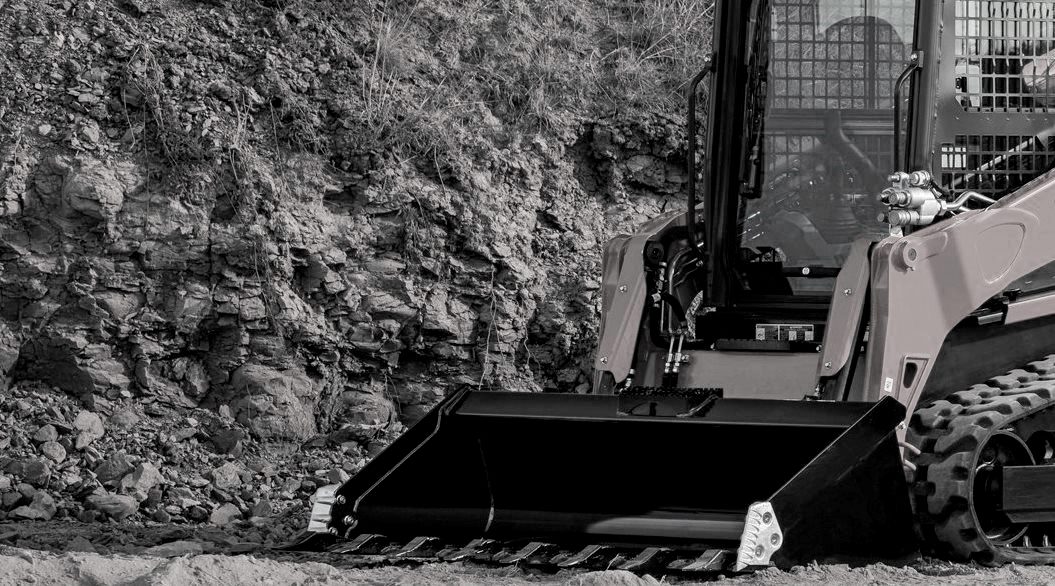
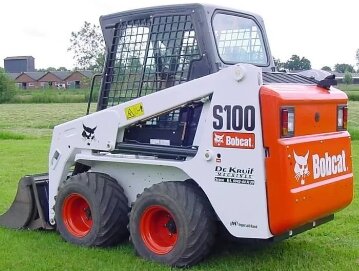 S100
S100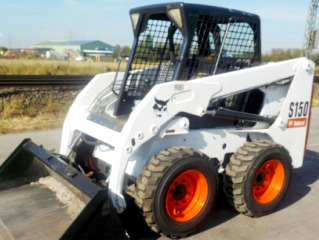 S150
S150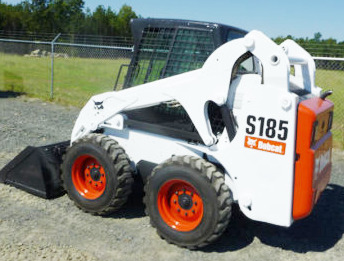 S185
S185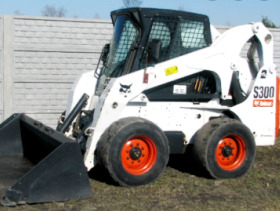 S300
S300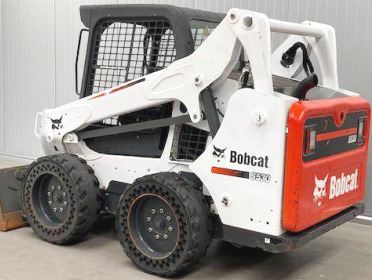 S530
S530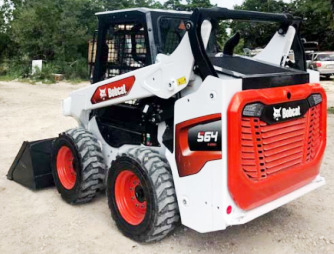 S64
S64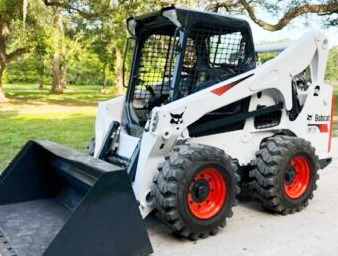 S740
S740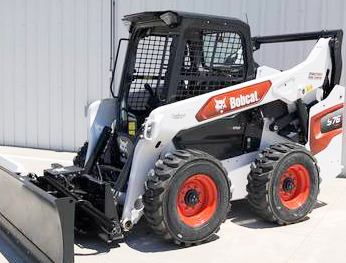 S76
S76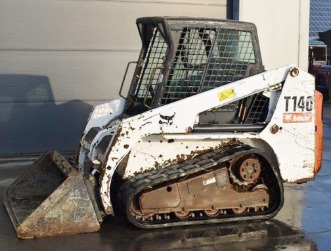 T140
T140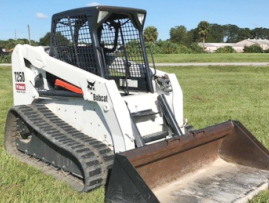 T250
T250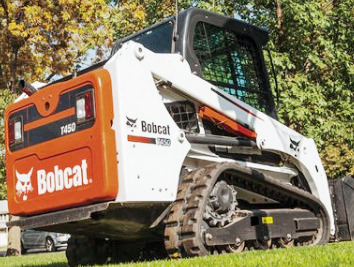 T450
T450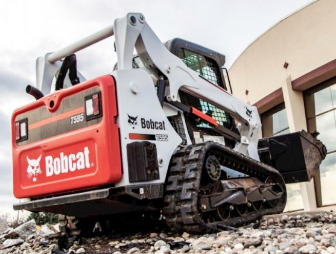 T595
T595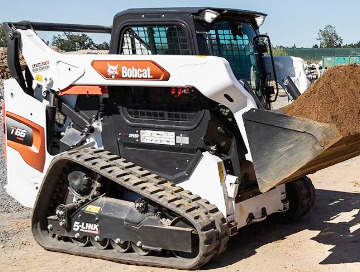 T66
T66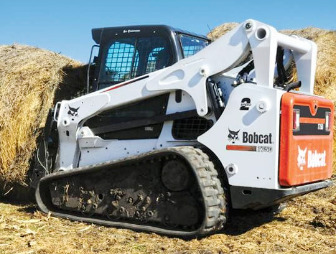 T750
T750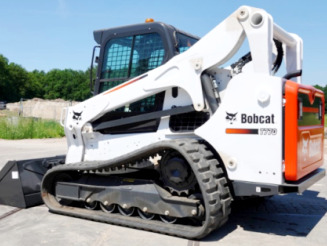 T770
T770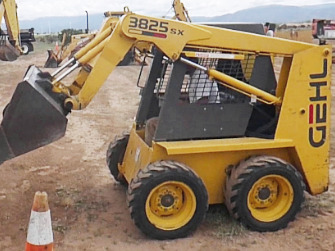 3825SX
3825SX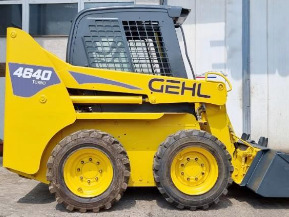 4640
4640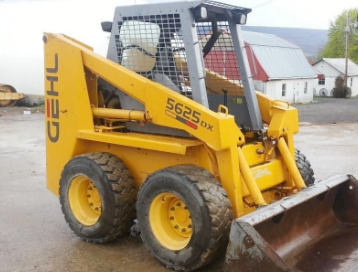 5625DX
5625DX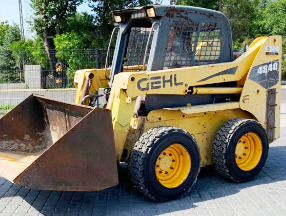 4840E
4840E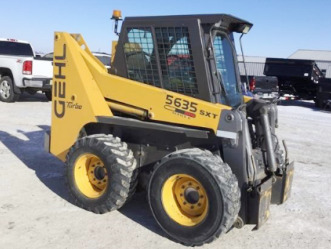 5635SXT
5635SXT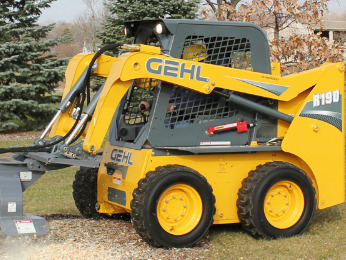 R190
R190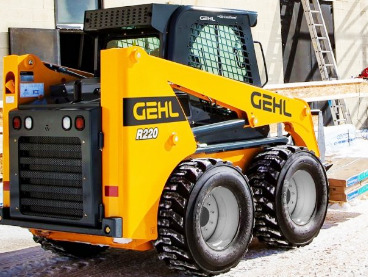 R220
R220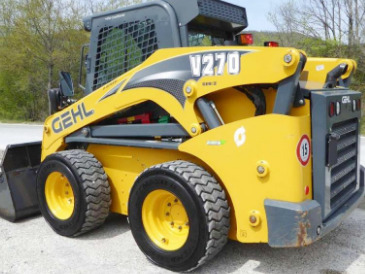 V270
V270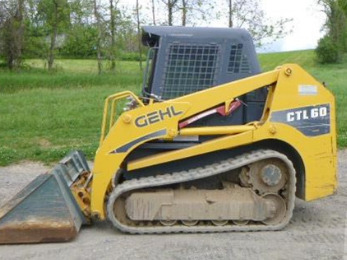 CTL60
CTL60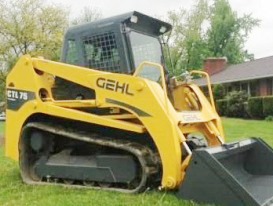 CTL75
CTL75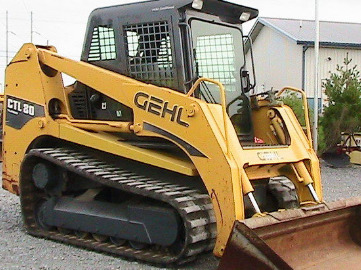 CTL80
CTL80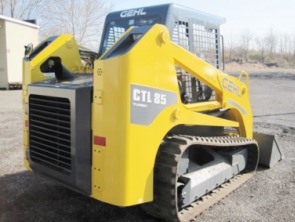 CTL85
CTL85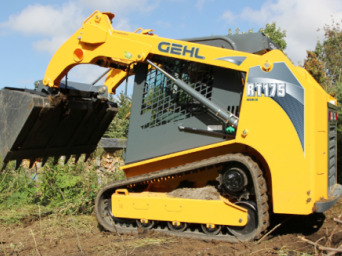 RT175
RT175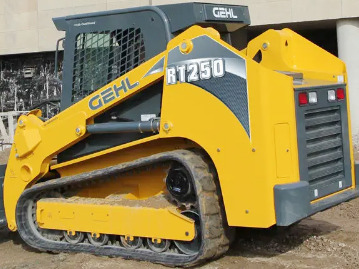 RT251
RT251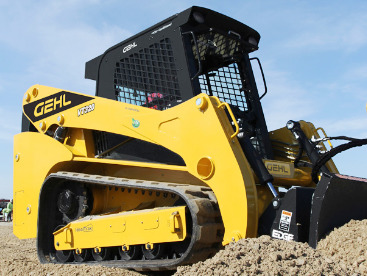 VT320
VT320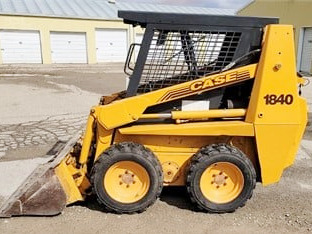 1840
1840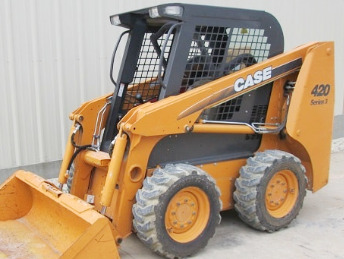 420
420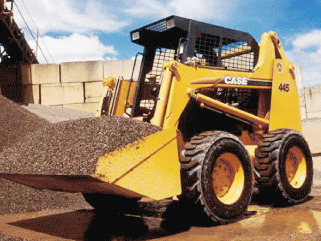 445
445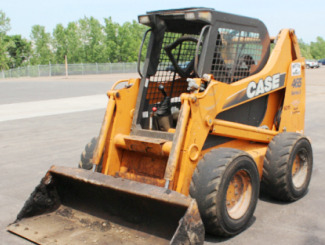 465
465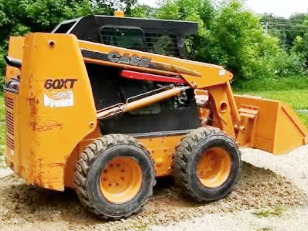 60XT
60XT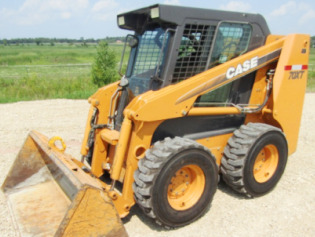 70XT
70XT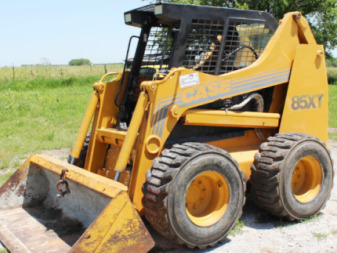 85XT
85XT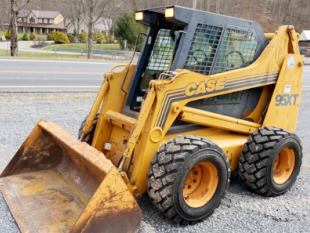 95XT
95XT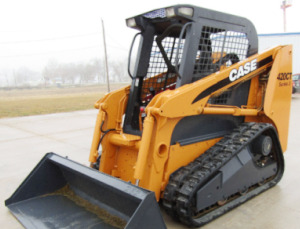 420CT
420CT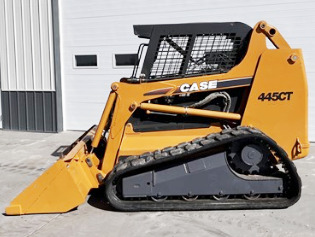 445CT
445CT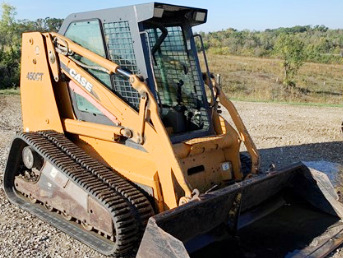 450CT
450CT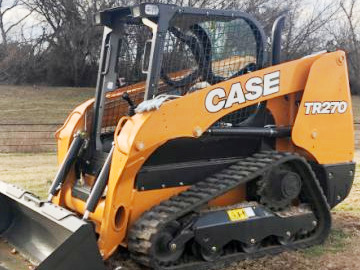 TR270
TR270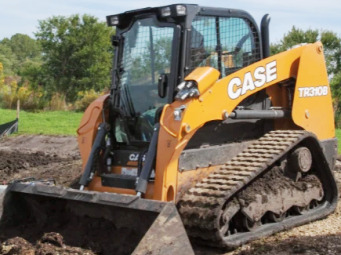 TR310B
TR310B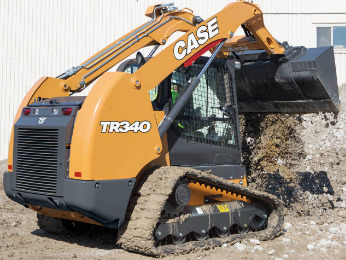 TR340
TR340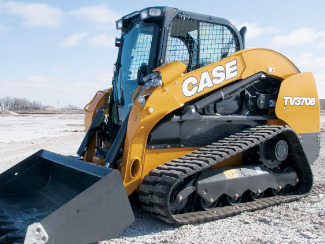 TV370B
TV370B